Loading items....
News
Department of Epidemiology
-
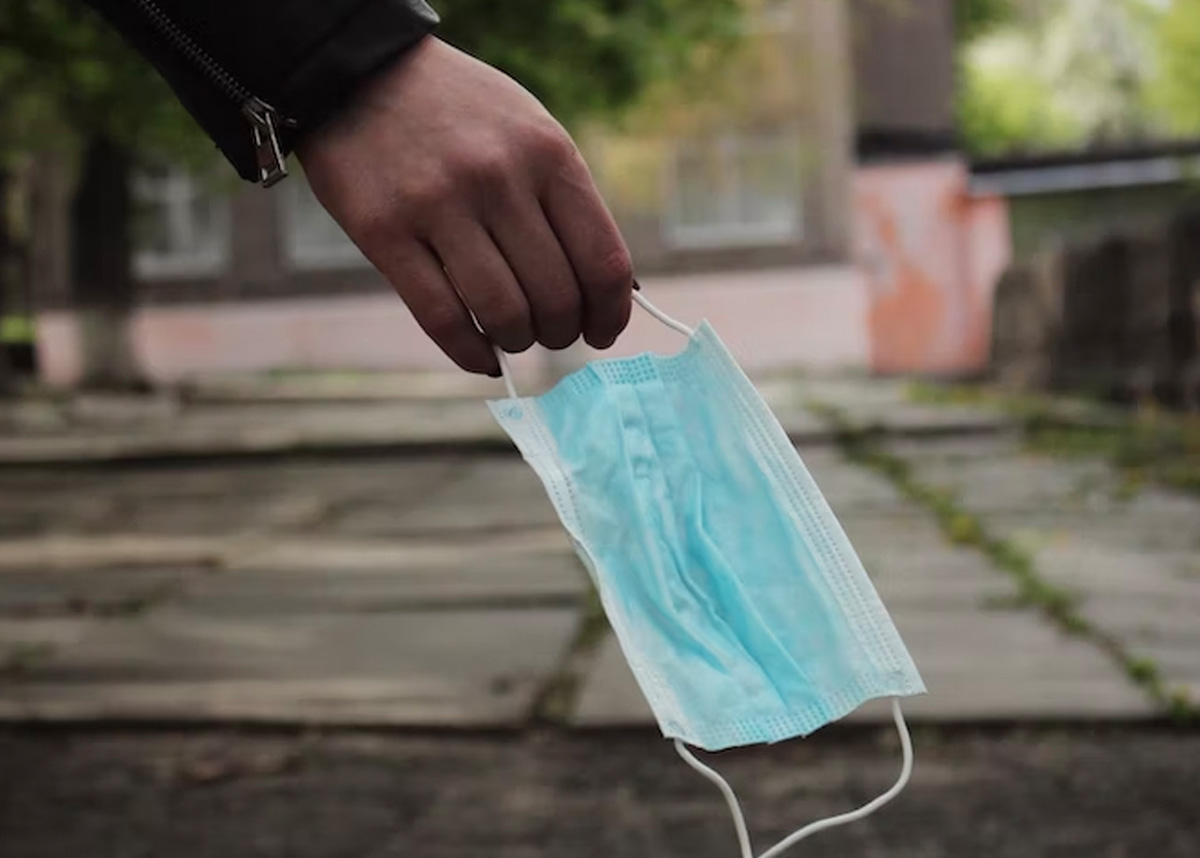
The CDC loosened its COVID rules. Who fills in this public health vacuum?Opens in a new window
Aug 17, 2022The CDC relaxed its COVID guidelines last week, leaving decision-making mainly to individuals who lack public health training. The lack of a coordinated public health response deprioritizes community health and worsens longstanding health disparities Daniel Goldberg, associate professor of epidemiology, explains.Opens in a new window Full story -

Monkeypox has been declared a national health emergency; now what?
Aug 8, 2022Daniel Pastula, associate professor of epidemiology, gives an update on the outbreak, saying the emergency declaration mobilizes funding and highlights the urgency to get the virus under control.Full story -
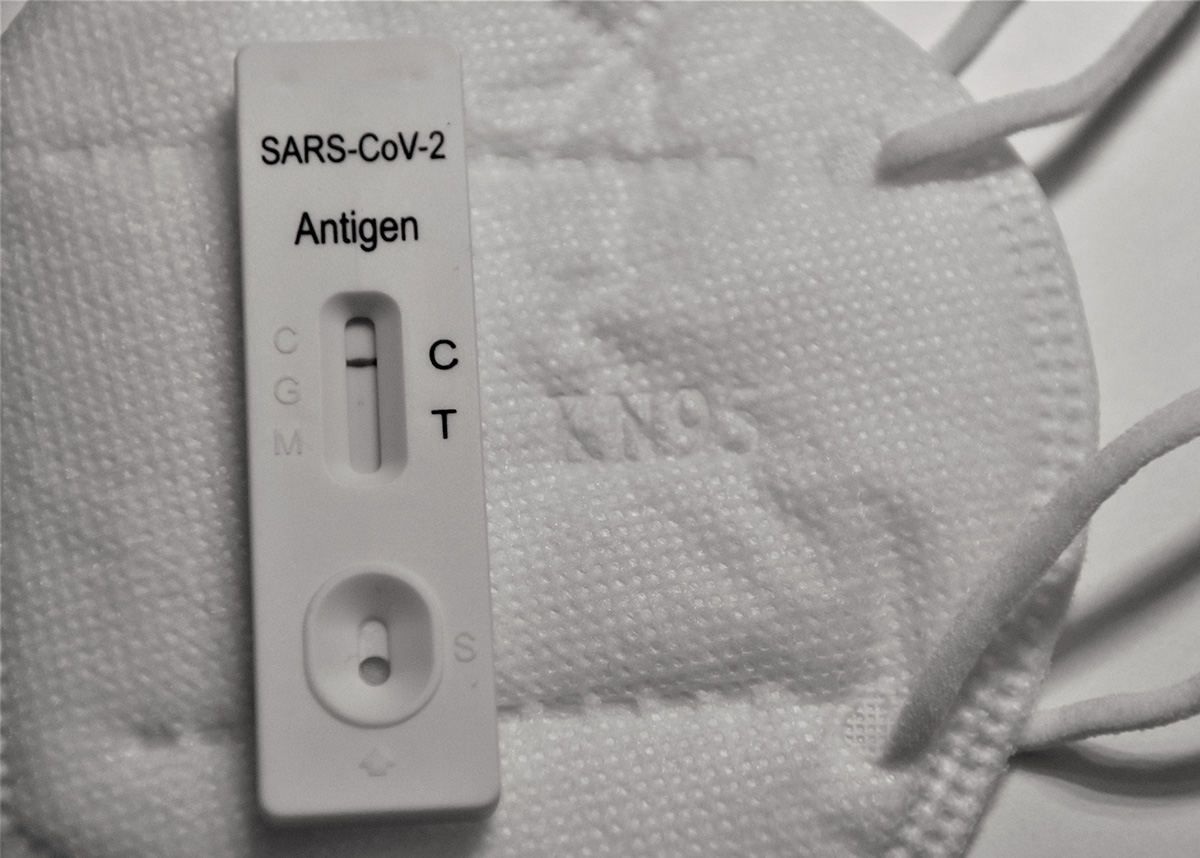
Colorado sees “substantial” drop in COVID hospitalizations after long plateauOpens in a new window
Aug 4, 2022Colorado’s COVID-19 hospitalizations dropped 14% from last week. Cases are undercounted, meaning that there’s not a clear picture of how many people are truly infected, but the downward trend is still notable said Talia Quandelacy, assistant professor of epidemiology.Opens in a new window Full story -
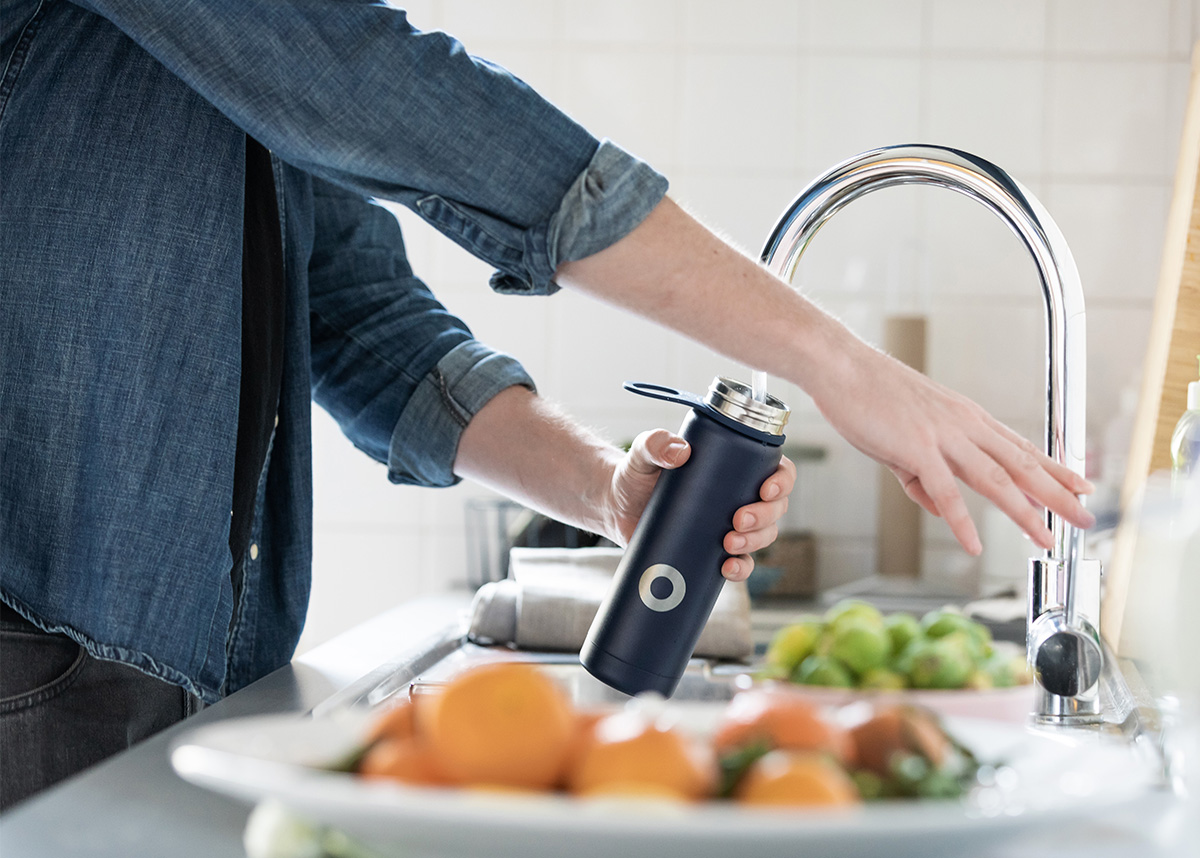
Doctors should test levels of PFAS in people at high risk, report saysOpens in a new window
Jul 28, 2022A new report from the National Academies, chaired by Ned Calonge, associate professor of epidemiology, detailed advice for clinicians on how to test, diagnose and treat the millions of Americans who may have been exposed to PFAS.Opens in a new window Full story -
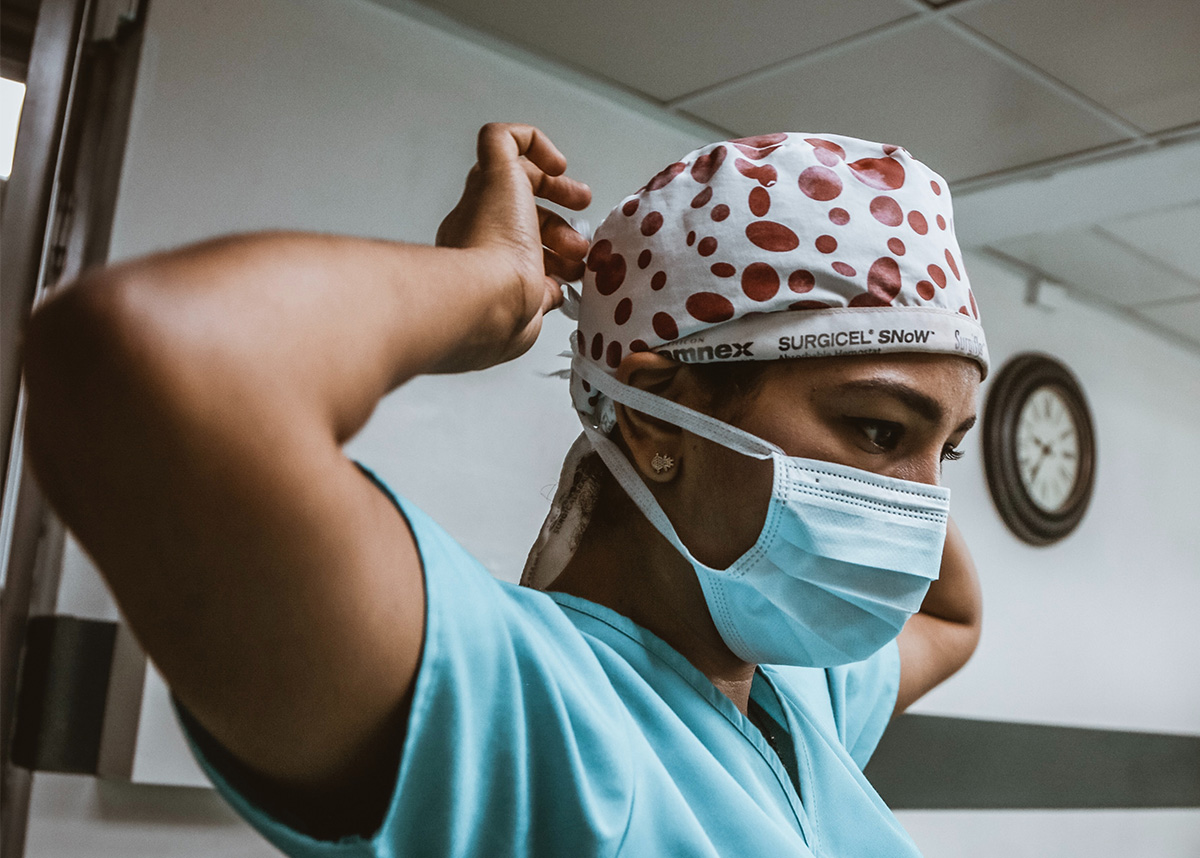
Colorado’s COVID hospitalizations aren’t falling as other measures of virus’ spread improve — and it’s not clear whyOpens in a new window
Jul 28, 2022Colorado’s COVID-19 hospitalizations remain stuck in the same rough zone they’ve hovered in for the past six weeks. Normally, hospitalizations have started to drop about one week after cases began falling, said Talia Quandelacy, assistant professor of epidemiology.Opens in a new window Full story -
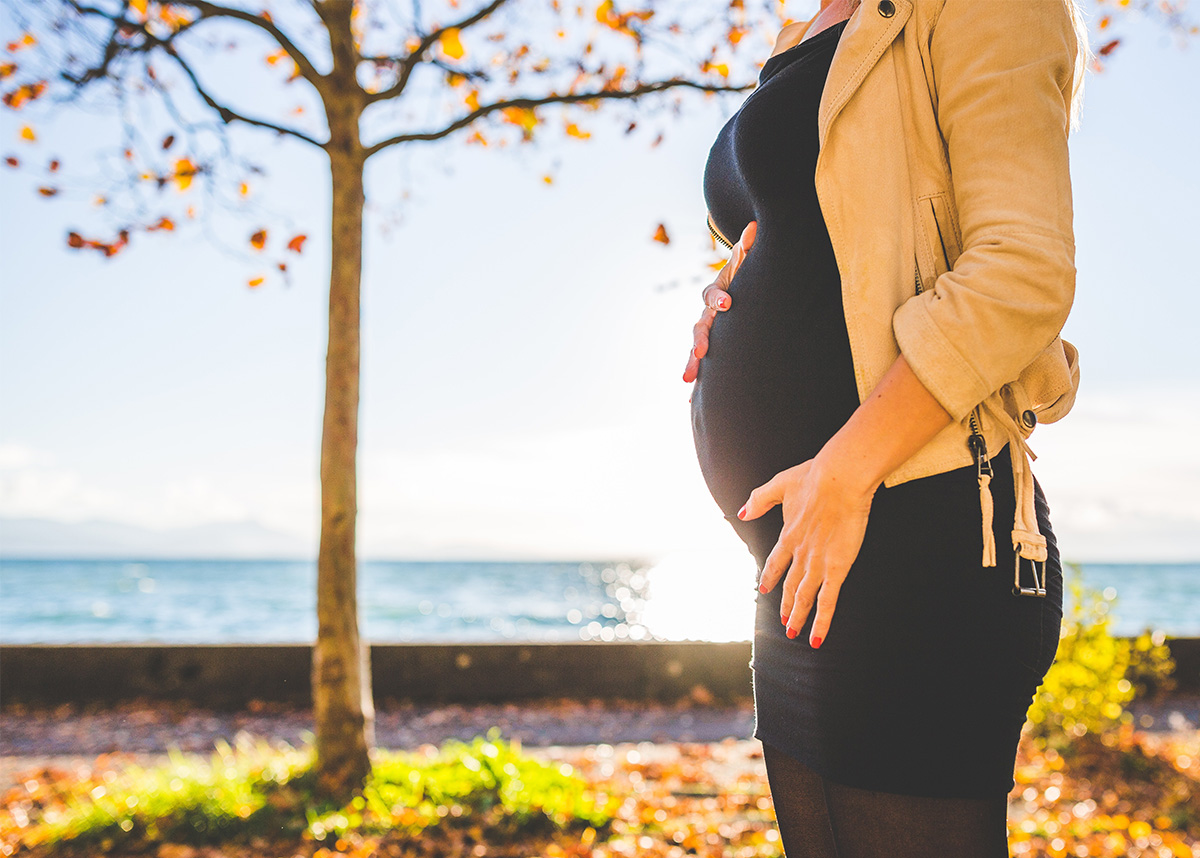
Preterm birth more likely with exposure to phthalatesOpens in a new window
Jul 16, 2022Pregnant women who were exposed to multiple phthalates during pregnancy had an increased risk of preterm birth, according to new research by the National Institutes of Health. The study's authors included Dana Dabelea, professor of epidemiology and director of the LEAD center.Opens in a new window Full story -
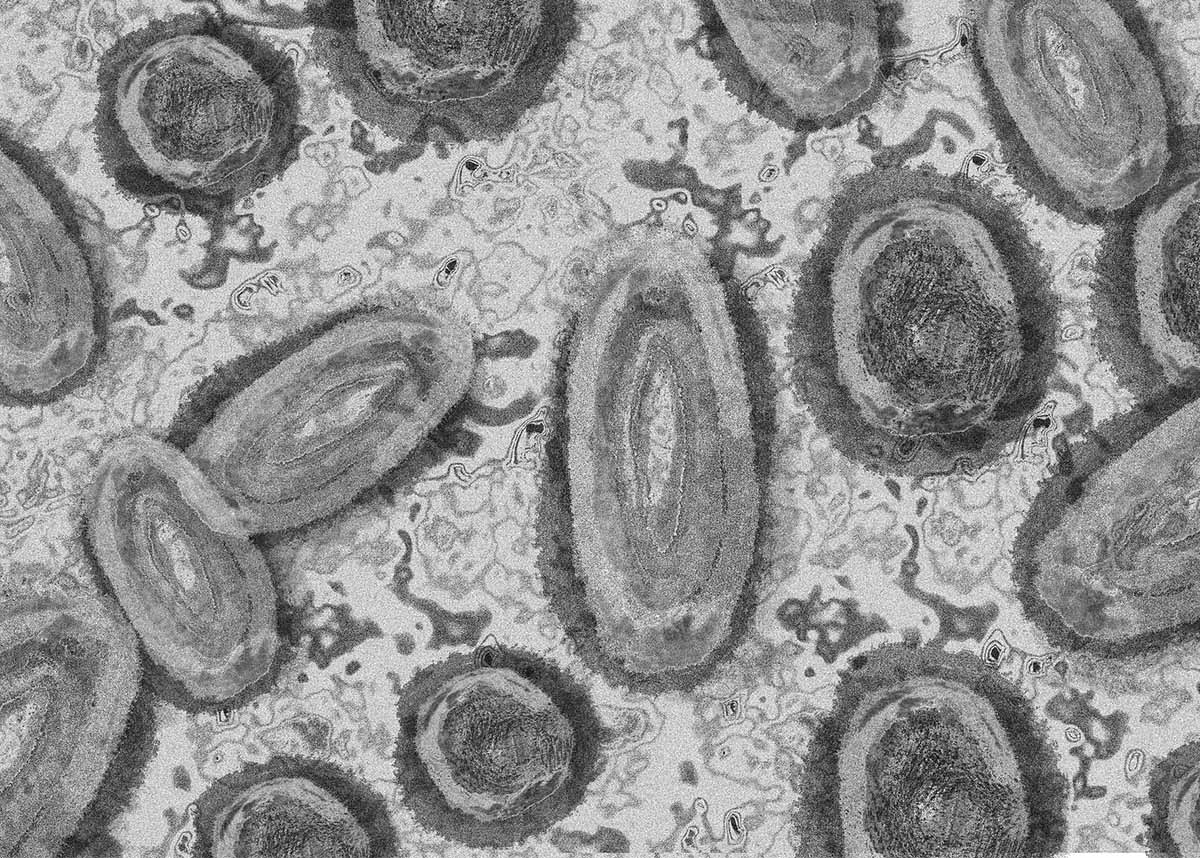
US initiates monkeypox vaccine rollout: what to know about the disease and its symptomsOpens in a new window
Jul 2, 2022Cases of monkeypox are growing in the US. Daniel Pastula, associate professor of epidemiology, said the vaccine is used in people who've been exposed but aren't yet showing symptoms of monkeypox, because the incubation period for the disease is so long.Opens in a new window Full story -
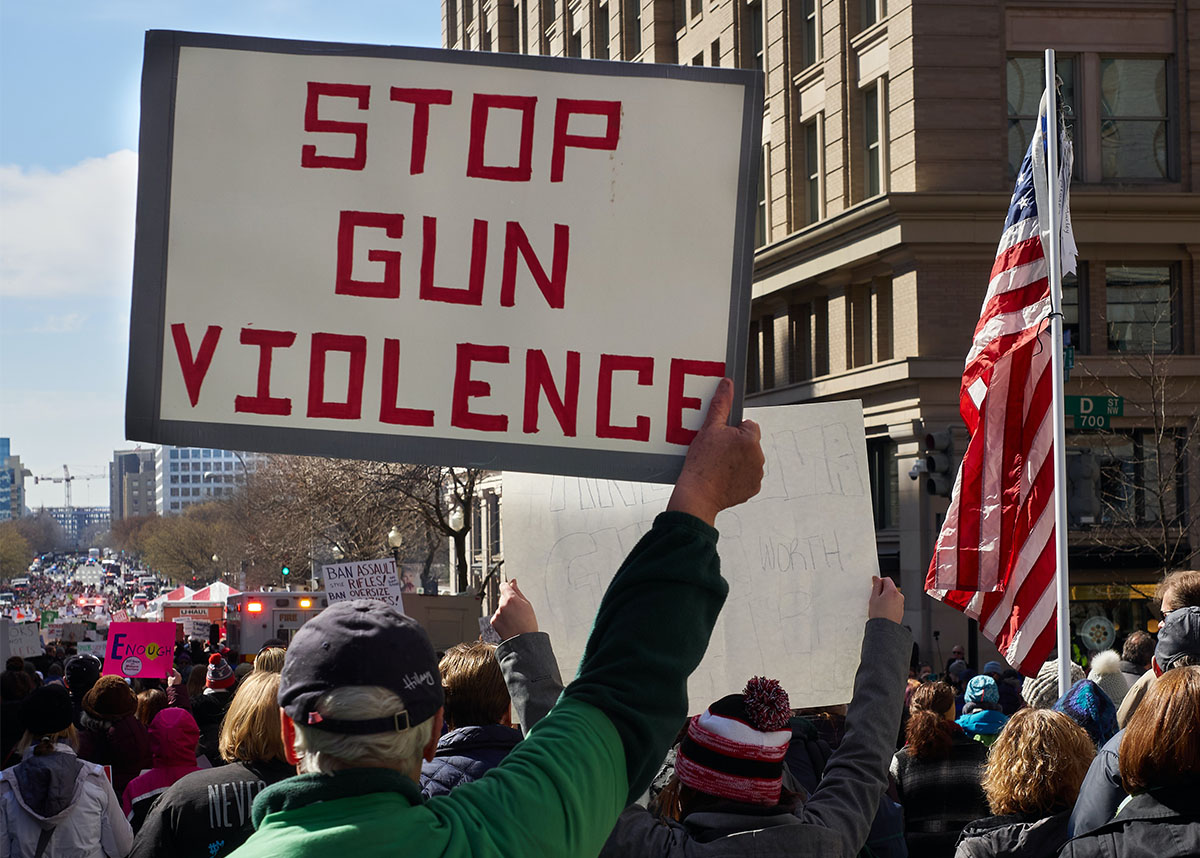
Panelists share tips for preventing, coping with gun violenceOpens in a new window
Jul 1, 2022It’s important that policymakers addressing gun violence focus on evidence-based solutions, rather than pushing through knee-jerk responses that feel good but won’t create impact, said Emmy Betz, professor of epidemiology and director of the Injury and Violence Prevention Center.Opens in a new window Full story -
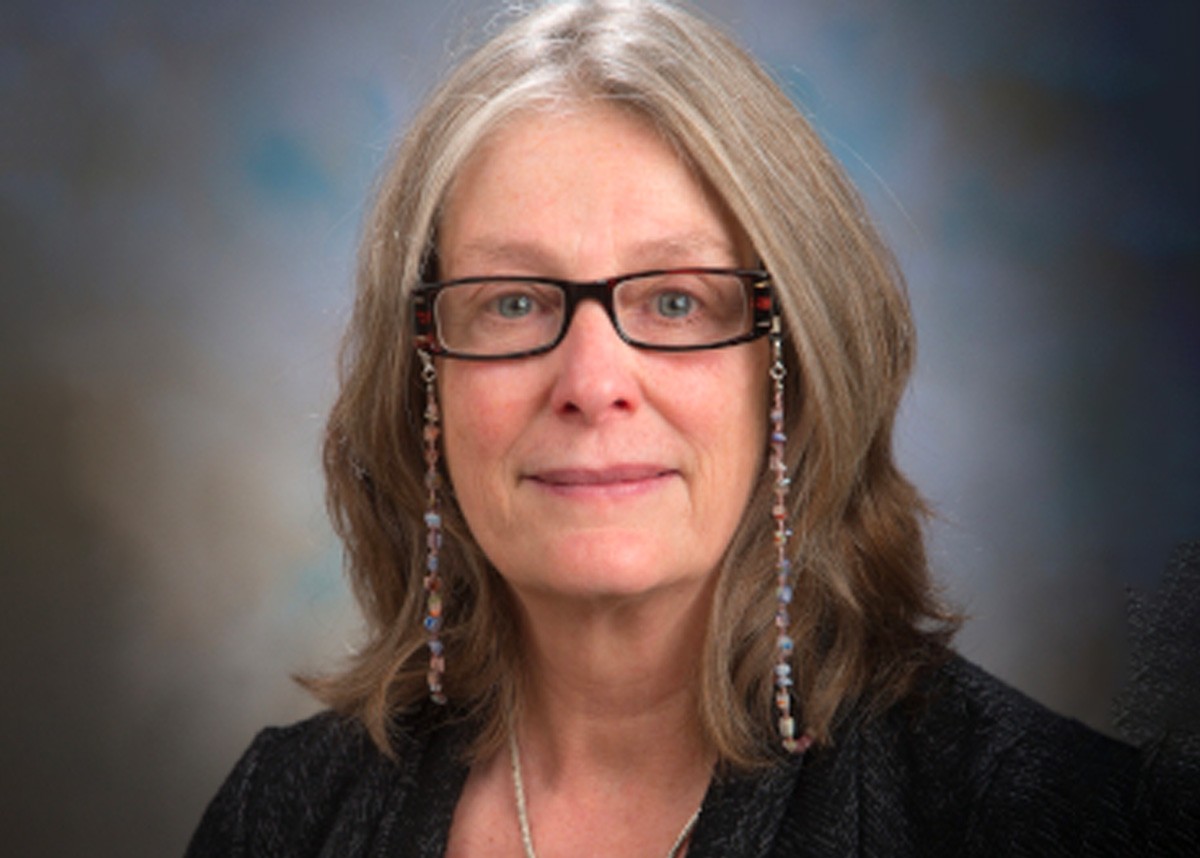
CSU professor recognized by International Society for Agricultural Safety and HealthOpens in a new window
Jun 30, 2022ColoradoSPH at CSU Professor Lorann Stallones has been recognized for her outstanding contribution to agricultural health and safety research by the International Society for Agricultural Safety and Health.Opens in a new window Full story -
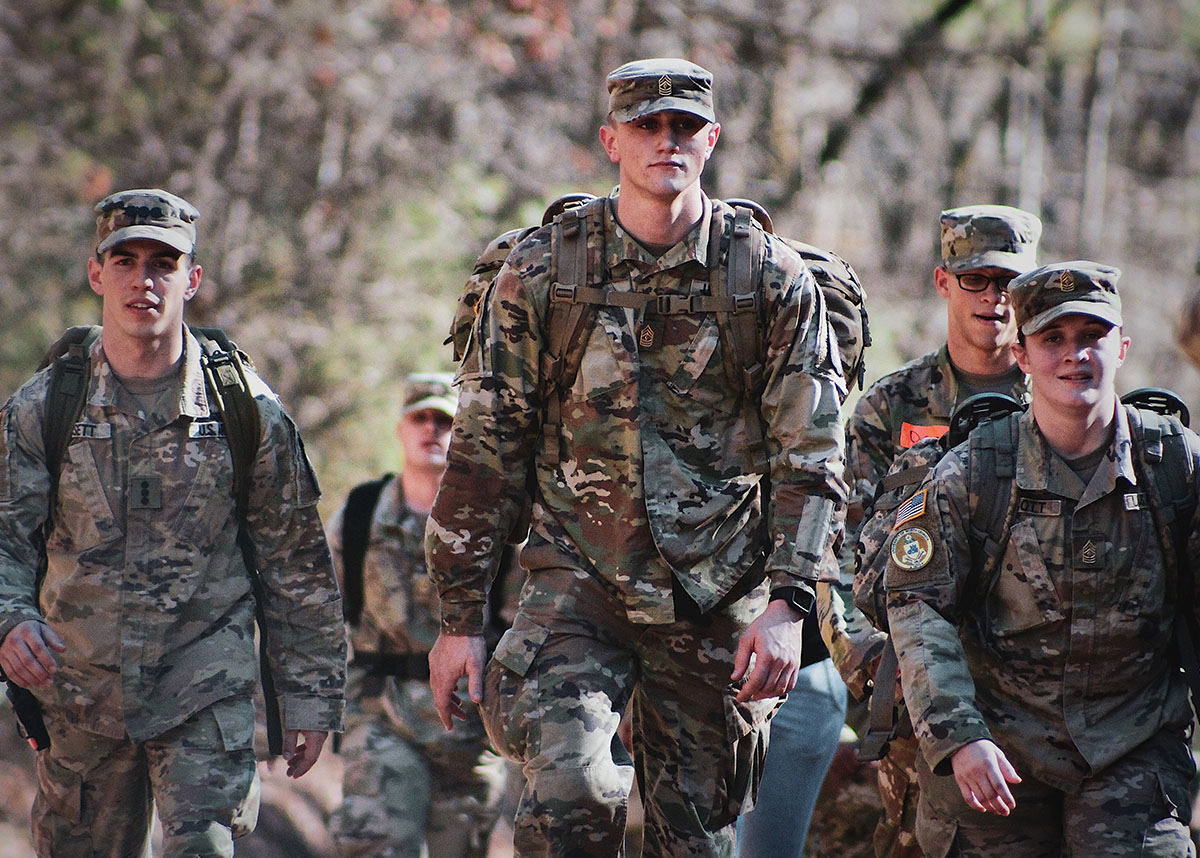
We want to prevent suicide in the military — Congress won’t let usOpens in a new window
Jun 10, 2022In an op-ed in The Hill, Emmy Betz, deputy director of the Injury & Violence Prevention Center, and other experts highlight how a provision in the 2011 National Defense Authorization Act restricts needed research on how gun safety efforts impact suicide prevention among U.S. military personnel.Opens in a new window Full story -

Colorado’s COVID-19 hospitalizations rise less steeply this weekOpens in a new window
Jun 9, 2022Colorado’s COVID-19 hospitalizations and cases rose less steeply this past week, but it doesn’t appear that the current upswing is over. “It seems like, generally, we are still on an upslope,” said Talia Quandelacy, assistant professor of epidemiology.Opens in a new window Full story -

Do you know what’s in your tap water?Opens in a new window
Jun 1, 2022Public water can have low or undetectable levels of elemental or chemical impurities like metals, pharmaceuticals, household products, disinfectant byproducts, PFAS, and hardness, according to Associate Professor Katherine James.Opens in a new window Full story -

Rare spread of monkeypox puts health experts on alert
May 23, 2022The current number of monkeypox cases in the United States is very low, but, according to Daniel Pastula, associate professor of epidemiology, more cases could be identified soon. He advises immediately notifying a healthcare provider if anyone notices a fever and new rash.Full story -

How Colorado’s changing climate is putting children’s health at riskOpens in a new window
May 12, 2022“Climate change is already upon us and we can already detect its influence on the Front Range’s ozone problem” said James Crooks, clinical associate professor of epidemiology. Children with asthma are particularly at risk from ozone, and data shows that asthma rates are higher among those living in poverty.Opens in a new window Full story -

Student op-ed: Pursuing enteric diseases in the midst of a COVID-19 pandemic
May 12, 2022Driven by her passion for microbiology and infectious disease, Angela Golding, MPH student in epidemiology, shares her experiences and the lessons she's learned conducting interviews for the Colorado Integrated Food Safety Center of Excellence's Enteric Disease Interview Team (EDIT).Full story -

Study shows investment in public health programs helps prevent the spread of foodborne illnesses
May 11, 2022The new study out of the Colorado School of Public Health evaluated the structural and outbreak factors associated with reporting foodborne illness outbreaks. The report found that many areas do not have adequate resources in place to detect and investigate every potential foodborne outbreak.Full story -
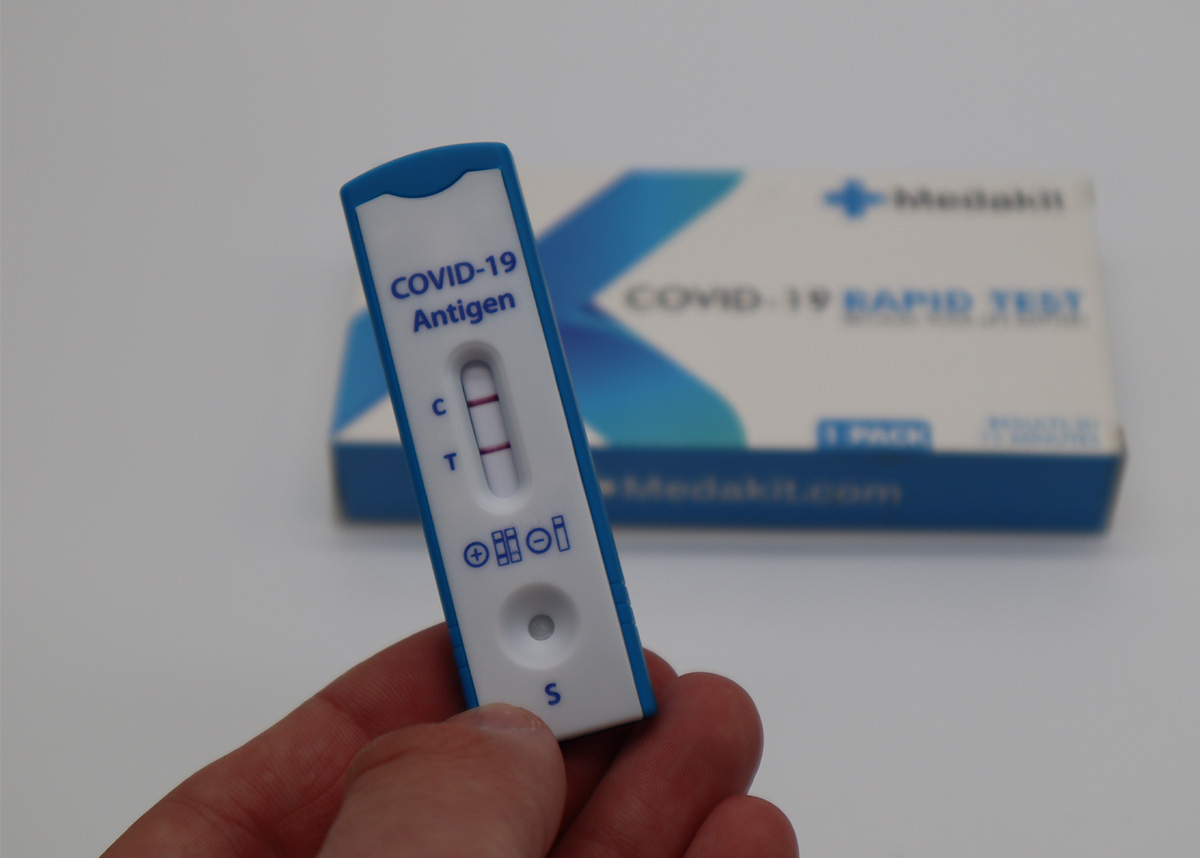
More Coloradans are vaccinated than ever — but will the state see another wave coming?Opens in a new window
May 5, 2022Public health experts worry Colorado and the U.S. may be flying blind. Many governments dropped non-pharmaceutical interventions like masking and contact tracing, while not beefing up surveillance enough to give warning of a potential coming surge, said May Chu, clinical professor of epidemiology.Opens in a new window Full story -
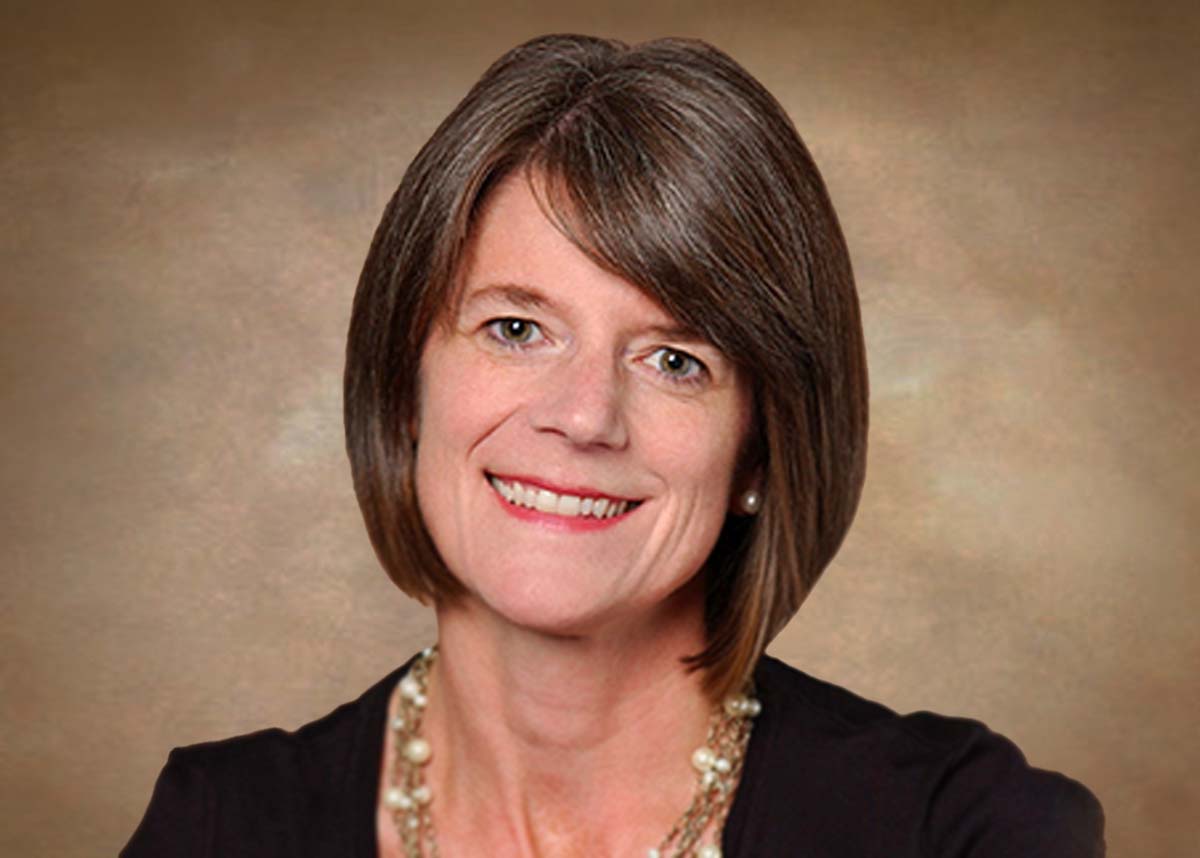
Jill Norris honored by American Diabetes Association for outstanding achievement in epidemiology
Apr 19, 2022Jill Norris, ColoradoSPH professor and chair of the Department of Epidemiology, has received the 2022 American Diabetes Association Kelly West Award for Outstanding Achievement in Epidemiology for her career achievements.Full story -
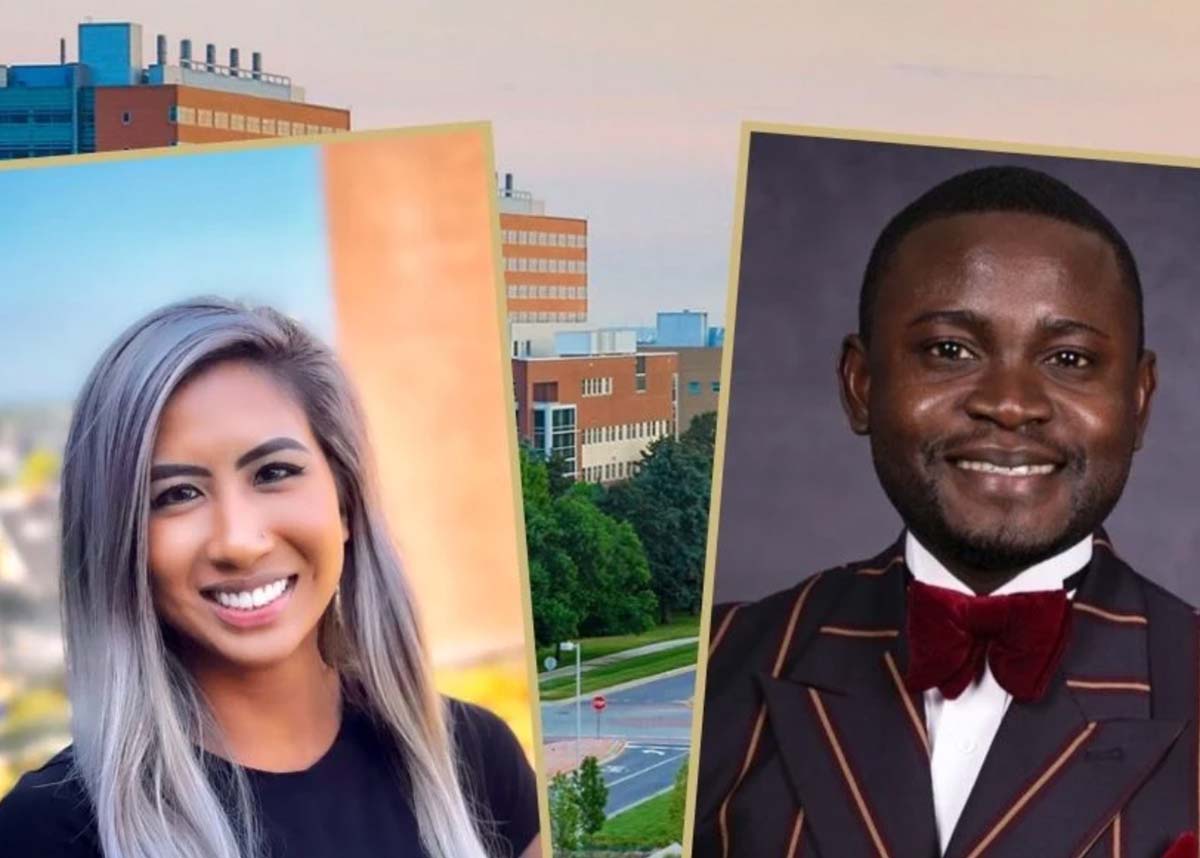
Building a diverse public health workforce – without the fear of debtOpens in a new window
Apr 18, 2022The Colorado School of Public Health’s scholarships focused on advancing equity, diversity and inclusion have seen an increase in support from the philanthropic community and from faculty, staff and alumni. Here, students Tara Sou and Gilbert Fru share their appreciation for the generosity.Opens in a new window Full story -

Firearm retailers and law enforcement show support for providing safe gun storage options
Apr 6, 2022A new peer-reviewed paper out of the Firearm Injury Prevention Initiative, co-authored by ColoradoSPH Associate Professor of Epidemiology, Emmy Betz, looks at attitudes toward providing firearm storage options from law enforcement agencies, firearm retailers and shops. The results showcased a consistent desire to provide this service but also revealed some concerns.Full story


